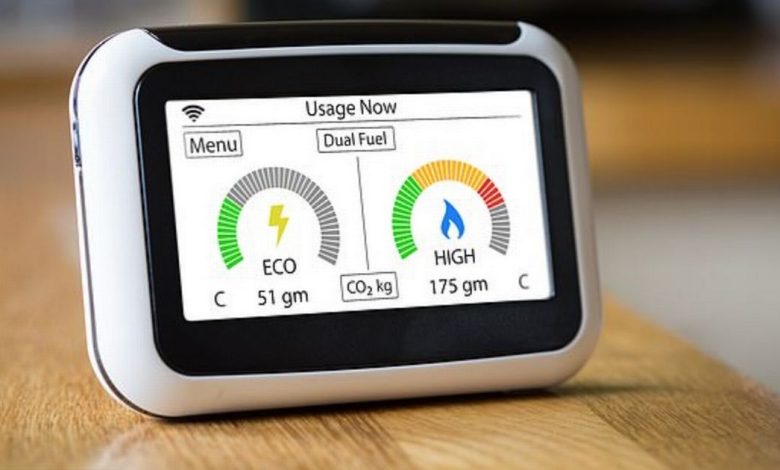British Gas, OVO, EDF, EON, Octopus customers set to have bills cut by £137 each

The cost of running your home is about to get a little more manageable, at least when it comes to your gas and electricity bills. According to Cornwall Insight, a leading expert in the energy industry, the average yearly cost of powering your home is predicted to fall to £1,732 this July. This is a welcome decrease of £137 per year for customers of major energy providers like British Gas, OVO, EDF, EON, and Octopus. This reduction marks a 7% drop from the price cap set in April, which is certainly a step in the right direction. However, it’s essential to remember that energy prices can be volatile, and changes in the wholesale market can impact your bills significantly.
For many households, the energy price cap has been a source of stress and financial strain. The cap, which is set by regulator Ofgem, determines the maximum amount that energy suppliers can charge for their services. The current cap, which runs from January to March, is set at £1,738 per year for a typical household. However, this cap was set to rise by 6% on April 1, resulting in an annual cost of £1,849 for households with typical usage paying by Direct Debit. The good news is that this increase is now expected to be short-lived, with prices predicted to fall back down to £1,732 in July. This decrease will be a relief to many households, who have been struggling to cope with rising energy costs.
So, what’s behind this predicted decrease in energy prices? The answer lies in the wholesale market, where the prices of gas and electricity are determined. In recent months, wholesale prices have been volatile, driven in part by uncertainty over global gas supplies, particularly in light of the ongoing situation between Russia and Ukraine. However, it appears that these prices have begun to stabilize, which is good news for consumers. Dr. Craig Lowrey, Principal Consultant at Cornwall Insight, notes that while the forecast drop in energy prices is welcome, it’s essential to remain cautious. “The impact that wholesale market volatility can have on bills in the space of just a few days” means that prices can fluctuate rapidly, and it’s crucial to stay informed about changes in the market.
It’s also important to understand how the energy price cap works and how it affects your bills. The cap is based on a publicly available algorithm set out by Ofgem, which takes into account various factors, including wholesale prices, network costs, and other expenses. Energy suppliers use this algorithm to predict how the cap will change in the future, allowing them to adjust their prices accordingly. However, it’s worth noting that your total spending on gas and electricity depends on more than just the price cap. Your daily standing charge, which is a fixed fee that you pay regardless of how much energy you consume, also plays a significant role in determining your overall energy costs. This charge helps to cover the cost of supplying gas and electricity to your home and can vary depending on your location and energy provider.
As energy prices continue to fluctuate, it’s essential to stay informed and take steps to manage your energy costs. One way to do this is to understand your energy usage patterns and look for ways to reduce your consumption. Simple changes, such as switching to energy-efficient appliances or turning off lights and electronics when not in use, can make a big difference in the long run. Additionally, shopping around for the best energy deals and considering alternatives, such as renewable energy sources, can help you save money and reduce your reliance on traditional energy providers. By taking a proactive approach to managing your energy costs, you can stay ahead of the game and make the most of any decreases in energy prices.
The predicted decrease in energy prices is certainly a welcome development, but it’s essential to remain vigilant and stay informed about changes in the market. As Dr. Lowrey notes, “we mustn’t get ahead of ourselves” and assume that prices will continue to fall. By staying up-to-date with the latest developments and taking steps to manage your energy costs, you can navigate the complex world of energy pricing with confidence. Whether you’re a customer of British Gas, OVO, EDF, EON, or Octopus, it’s essential to understand how the energy price cap works and how it affects your bills. With the right information and a proactive approach, you can make the most of any decreases in energy prices and keep your energy costs under control.








